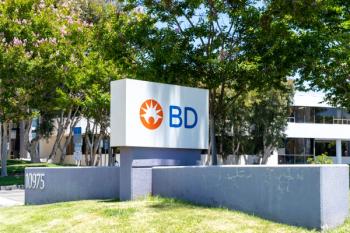
LCGC Europe eNews
- LCGC Europe eNews-12-05-2008
- Volume 0
- Issue 0
Peptide synthesis facility chooses Activotec's synthesizer
Activotec has reported the delivery of a second Activo-P11 peptide synthesizer to the University of Bristol Peptide Synthesis Facility...
Activotec has reported the delivery of a second Activo-P11 peptide synthesizer to the University of Bristol Peptide Synthesis Facility, which specializes in unusual peptides such as transmembrane spanning regions, uncommonly long peptides as well as routinely synthesizing peptides with atypical amino acids such as phosphorylated serine, threonine or tyrosine.
The Activo-P11 is fully automated and reportedly easy-to-use. It features reactor heating for coupling efficiency for difficult or long sequences and an intuitive peptide wizard software that prompts users enabling rapid definition of protocols. The company states that cycle times can be as low as 30 minutes per coupling and long peptides can be synthesized with walk away automation. Additionally, it is claimed that this synthesizer is able to synthesize peptides in the 0.1–2.0 mmol scale as a result of combining compatibility with a wide range of commercially available resins and reagents with the ability to perform a wide range of Fmoc and t-Boc chemistries.
For further details on this product or the company visit the website at
Articles in this issue
about 17 years ago
Special symposia complement the Pittcon 2009 technical programmeNewsletter
Join the global community of analytical scientists who trust LCGC for insights on the latest techniques, trends, and expert solutions in chromatography.




